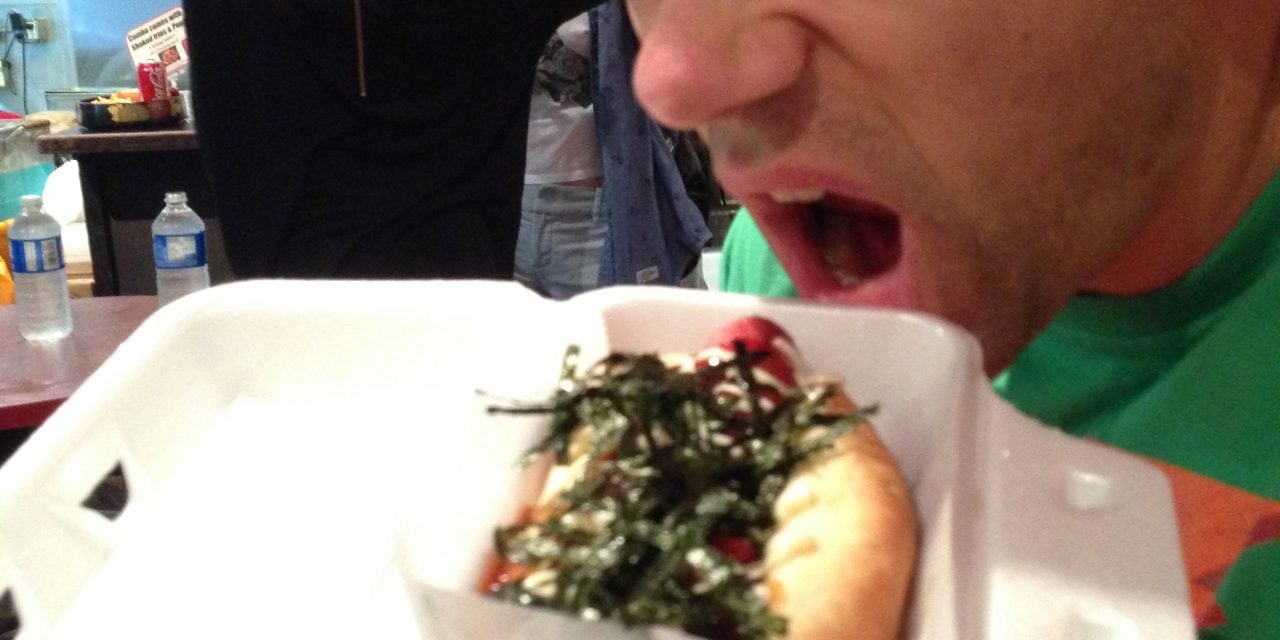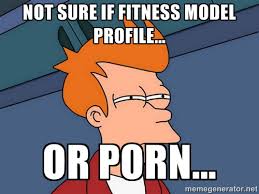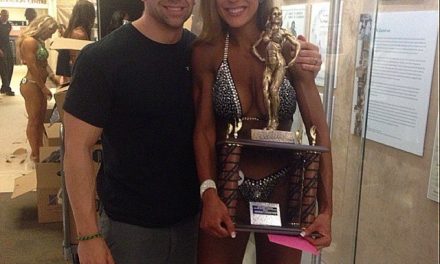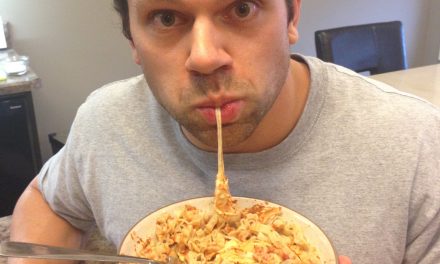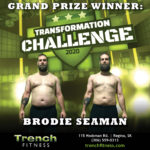Have you ever noticed the labels and names that we give to certain foods? Light, low-calorie vanilla sponge cake is called “angel food,” whereas butter, rich chocolate cake is referred to as “devils food.” The names alone imply that food has a moral value: good versus bad. But it you choose high-calorie devil’s food cake over the angelic variety, you are not bad. Food doesn’t have moral value. Its just food. But of course, it’s hard to remember this in real life.
Think about a recent time that you dinned out with friends or family. While looking at the menu, you might have heard someone say something like, “I’ve been good all day. Now I am going to be bad.” And this person isn’t talking about dining and dashing but rather ordering the decedent cheesecake. Although stealing the cheesecake might be considered morally wrong, simply eating it isn’t. Begin to notice this kind of dialogue within your own mind and those around you. If your loved one is struggling with disordered eating do your best to minimize negative food talk, which enforces the allure of body shaming. Most people want to be “good,” and many of us feel that we are good if we restrict ourselves.
Do you categorize foods as good and bad? If so, you might have noticed that the bad list has grown longer and longer over time, possibly leaving only a few good items that you can eat with out shame. But all food has its place in normal eating. Even though a bowl of cherries might be packed with more nutrients that a chocolate chip cookie, that doesn’t mean that the cookies are bad and you should never eat them.
Your body needs different foods at different times. Ed Tyson, a physician who specializes in eating disorders, explains the healthy / unhealthy conundrum to patients in this way: ‘Imagine a scenario where you are driving down a road in Africa. You come up on someone who is starving and you have two choices to feed them something: (1) a salad with lean protein, julienned vegetables and low fat dressing, or (2) a Big Mac with double meat, double cheese, fries and a shake. Which choice has the most of what the starving person needs, i.e. which is the healthier choice for this person? The one with the most calories, protein and fat is what would give a starving person more of what they need – the Big Mac choice. So, ‘healthy’ eating is totally really relative and is dependent on the needs of the individuals’ needs at that time.
Right now, disordered eating might be the norm for you. Adhering to certain “food rules” often provides a sense of security and control. Dividing items into good and bad categories is just one type of food rule, but many others exist. For example:
“I cannot eat between meals”
“Dessert is only allowed once per week”
These rules, of course, do not provide safety, because they inevitably lead to being held hostage to food and feeling miserable. Many of our clients begin a program with very disordered views and beliefs about food and their bodies. While someone might say that they are “never allowed to eat ice cream” another might share that their eating disorder forces them to binge on gallons of ice cream a few times per week.
In university I spent countless mornings running ‘easy 5 milers’ because I was told that empty stomach cardio was best for fat loss. I ruined family dinners, social functions and numerous vacations eating terrible tasting food because I was convinced that following a vegan diet would make me skinny. Did I lose additional body fat because of my ‘crazy-lady-cardio-junkie-torture-fest’ / ‘I-hate-the-taste-of-everything-I-am-eating-diet’? HELL NO! If all of these rules were followed you would be always be eating or not eating because of fear not logic.
So in essence healthy eating is 100% relative to the situation. Life is too short to follow unnecessary food rules. Shift your focus towards foods that you enjoy eating and that contribute to your goals. Live life to the fullest and eat good food knowing full well how it makes you feel internally and perform externally.
With love from the Trench kitchen,
xoErika♥

